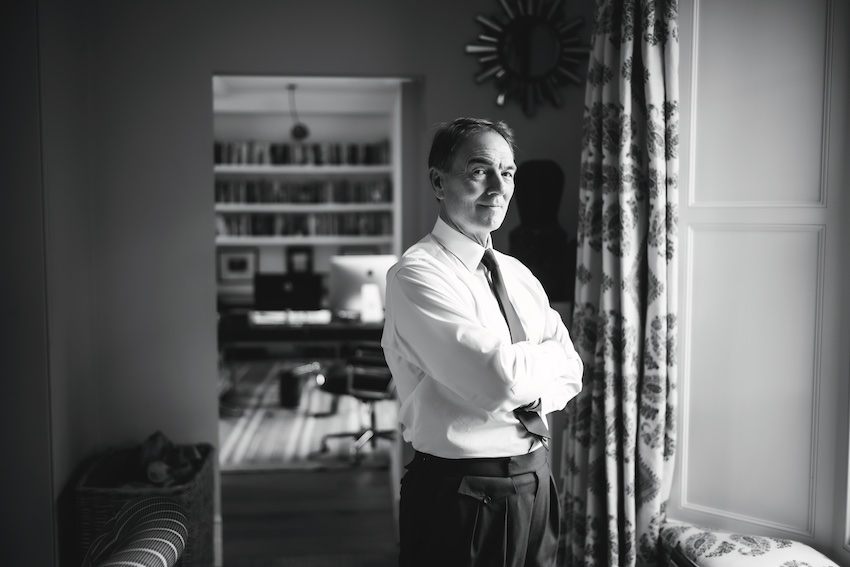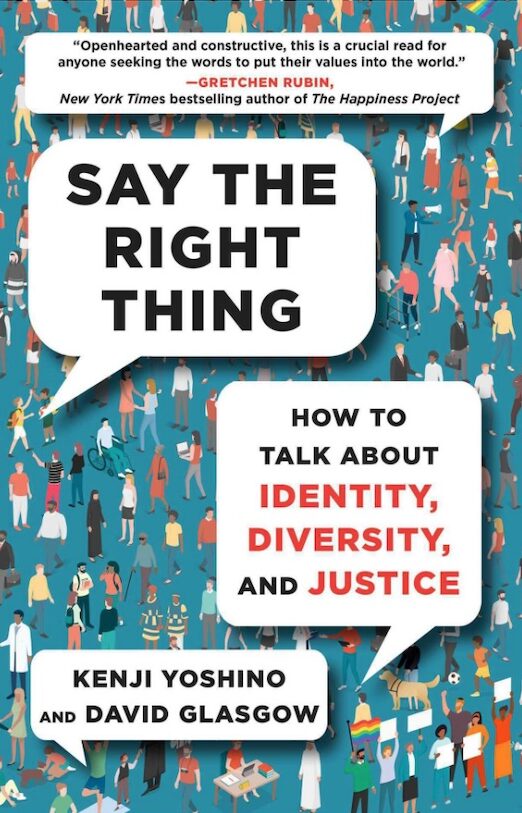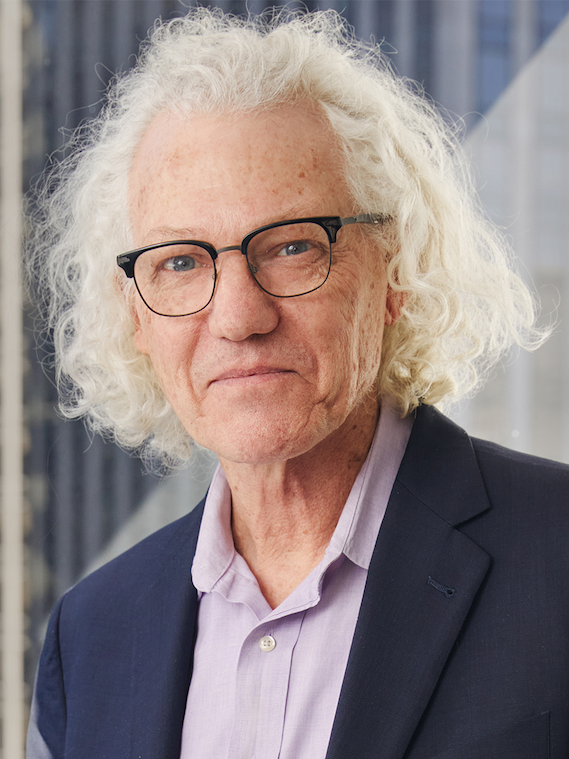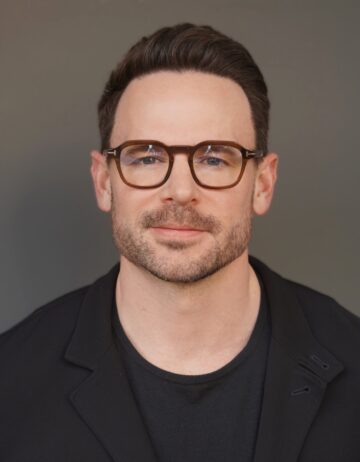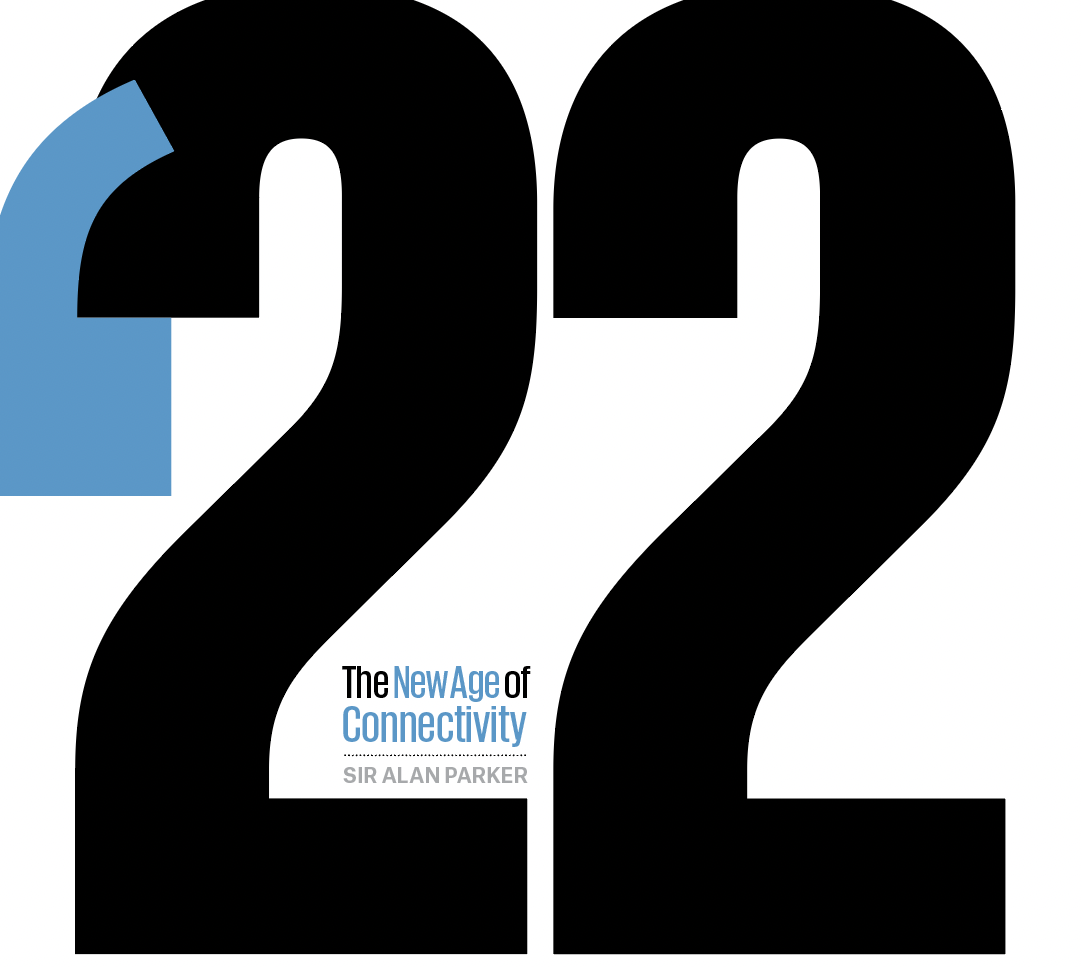Co-authors Kenji Yoshino and David Glasgow think people would be more eager to be allies in DEI conversations if they weren’t so afraid of saying the wrong thing.
Kenji Yoshino and David Glasgow are the founding directors of the Meltzer Center for Diversity, Inclusion and Belonging at New York University School of Law, working to promote healthy attitudes toward DEI in organizations in and out of the legal profession. They are also the co-authors of a new book, Say the Right Thing: How to Talk About Identity, Diversity, and Justice.
Yoshino is Chief Justice Earl Warren Professor of Constitutional Law at NYU School of Law and the author of three other books. Glasgow is a lawyer with a specialty in anti-discrimination law, and was previously an Associate Director in the Public Interest Law Center at NYU. Their book focuses squarely on a core problem in DEI conversations in the workplace and elsewhere: the fear of saying the wrong thing.
The book draws on the work of many scholars and researchers in a wide array of fields, yet is written for a general audience, eschewing the highly specialized tone of academia and the legal profession in favor of language that is simple and direct.
“I remember a couple of early draft chapters that our editor sent back and said, ‘You guys write like lawyers,’” Glasgow recalls. “So clearly we had to do a little bit of work.”
“About four years ago, we started working on allyship,” Yoshino says. As an ally, a person belonging to the majority in a situation seeks to empathize and assist those who may be feeling marginalized. “But one of the things that we kept coming up against is people saying, ‘I’m delighted to be an ally, but I’m also just terrified of saying the wrong thing and hurting someone I care about or getting canceled myself. How do I get beyond that kind of really stymieing fear of saying the wrong thing?’ We looked around for books on this phenomenon and we couldn’t find any. So, we ended up starting on a book ourselves.”
The result is a practical handbook on the dynamics of DEI conversations. The key to moving past the fear, the authors say, is adopting a growth mindset, accepting and learning from one’s mistakes.
A solo author on his three previous books, the collaboration on this one proved more inspiring than Yoshino anticipated. “I had some hesitancy,” he says. “What if we don’t see eye to eye? But my concerns evaporated. If you find the right co-author, co-writing is just a magical experience. Writing is an inherently lonely activity when you’re doing it on your own. But it became a kind of social activity. So this was a real joy for me.”
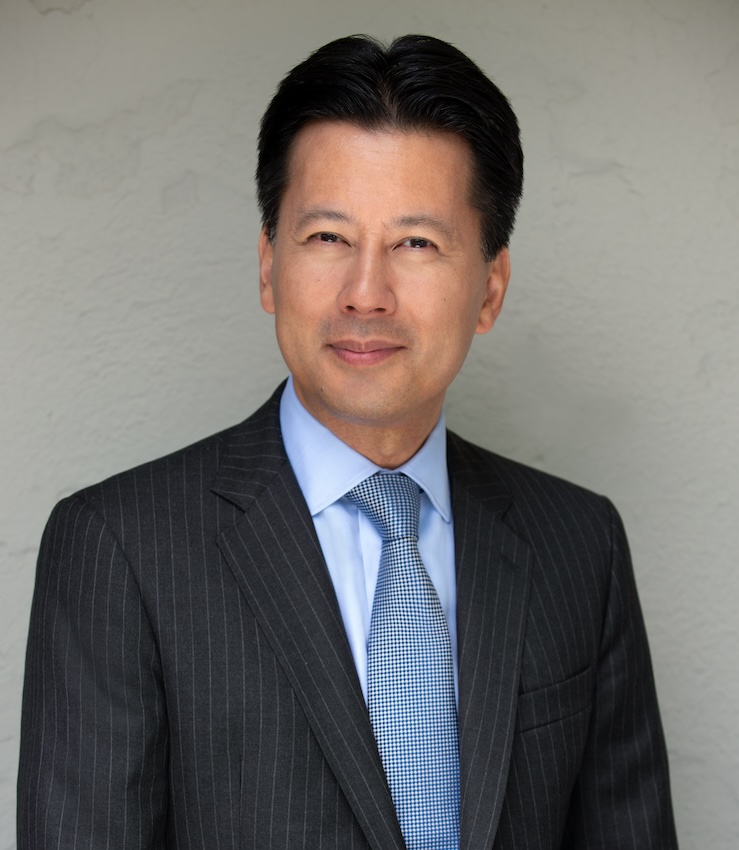
Kenji Yoshino
How does this book speak to this moment in our culture?
David Glasgow: The social psychologist Jennifer Richeson has a concept she calls the “democratization of discomfort.” These conversations about identity issues have always been intensely uncomfortable for people who belong to marginalized social groups—people of color, women, members of the LGBTQ+ community and so on. But the people on the other side of the conversation, the historically dominant or majority groups, have been able to sort of either avoid these conversations or not worry about them too much. She feels that, more recently, that sense of discomfort has been democratized by being spread over to even the majority or dominant groups. They now also worry about what’s going to happen in these conversations, like someone getting hurt or feeling canceled.
That pervasive sense of discomfort is a real cultural shift. Everyone is feeling like they need tools for how to handle these dialogues.
Kenji Yoshino: The political writer Matt Yglesias talks about this moment in time being the “Great Awokening”—“woke” in the original, positive sense. People in the majority are stepping up more as allies. White individuals are going to Black Lives Matter rallies; straight and cisgender people are sticking up for people in the LGBTQ+ community; people without disabilities are standing up for those who have disabilities. He feels that allyship is one of the most promising trends in diversity and inclusion—and we agree.
“The reason you need to be an ally to the source of non-inclusive behavior is because someday soon that will be you.“
Kenji Yoshino
The book is laid out very simply, with one problem and seven principles for dealing with it. How did you arrive at that?
Kenji Yoshino: We originally set out organizing it in three parts around what we tell ourselves about identity conversations, what we tell the affected person and what we say when talking to both the affected person and the source of the non-inclusive behavior. But that approach seemed to create as many problems for us as it solved.
So we went back to first principles, looking at the traps people fall into that cause that fear in the first place. We had identified these four conversational traps and so they became the problem we lay out at the beginning.
The first chapter gives examples of what we call “impossible conversations,” where people are trapped in predictable and uncomfortable ways. Then the seven general principles. The first two deal with resilience and curiosity. To be a successful ally, you’ll need both. Then we have two chapters on how to handle disagreements and apologies, with the goal of allowing the other person to feel respected.
So far, those seem like almost a passive form of allyship—an approach that emphasizes “do no harm.” To move from “do no harm” to “doing good”—a more affirmative, proactive approach—that’s where the last two principles come from: “Apply the Platinum Rule” and “Be Generous to the Source.” Those suggest that you think deeply about the person you’re trying to help and your relationship with them and, in the second, that you apply that same process to the source of the non-inclusive behavior.
We do worry a lot about cancel culture. We want to move to what we call a “coaching culture.” We want to be able to expect and even welcome mistakes, so long as you’re a person of good will, which most of us are.
The reason you need to be an ally to the source of non-inclusive behavior is because someday soon that will be you. People assume that they get to sit in the ally position for all time. But this is a game of musical chairs and we’re all going to be in all three of those positions at some point: ally, affected person and source.
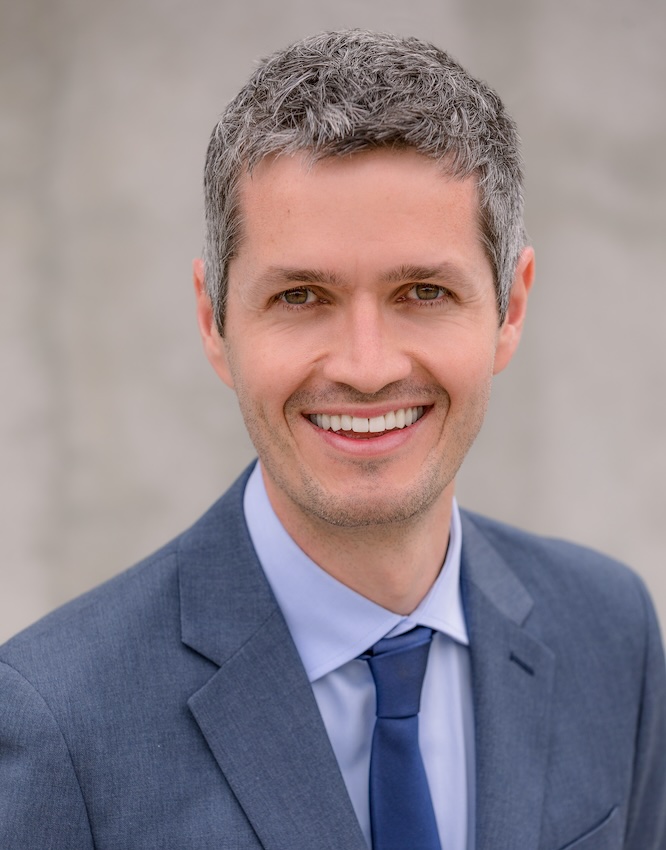
David Glasgow
You frequently use yourselves as examples in the book, learning from mistakes you’ve made.
Kenji Yoshino: I’ve made every kind of mistake that you can make—I’ve confused names of students repeatedly in my class, I’ve misgendered students. And I’m a D&I professional. You would think by now I would have learned not to make those mistakes. Yet I still somehow find new ones or fall back into old ones.
David mentioned the “democratization of discomfort.” When we talked to people about why they aren’t more available as allies, we realized everyone was talking about this agonizing discomfort. Right at the top of our resilience chapter is a section on adopting a growth mindset. People with a growth mindset believe their capabilities can be improved. It relies on accepting that you’ll make mistakes.
We lean on the work of our dear friend and colleague Dolly Chugh, who is at NYU’s Stern School of Business. She asks: If we all know the growth mindset beats the fixed mindset, why in this one domain of D&I do we insist on falling back into the fixed mindset, where we think we already know all there is to know? The answer appears to be that it’s because the threat of making a mistake feels so dire. If you make a mistake in a law class or a journalism class, it’s no big deal. That’s how you learn. But if you make a mistake in an identity conversation, it feels like it’s not something you did, but something that you are—like you’ve been exposed as racist or a sexist or a homophobe. Some stripe of bigot. That fear keeps you in a fixed mindset and the threat of making a mistake remains enormous.
David Glasgow: One of our driving principles is that we can still hold people to standards and say, “we want you to do better,” while we extend grace and generosity to each other and to ourselves for the kinds of mistakes that we all tend to make. That way we can all learn and improve, rather than have it just be about fear.
“One of our driving principles is that we can still hold people to standards and say, ‘we want you to do better,’ while we extend grace and generosity to each other.”
David Glasgow
Do you have favorite lessons from the book?
David Glasgow: In a disagreement, a mistake that we’ve noticed people often make is not recognizing that they’re thinking about the disagreement in a way that may be quite different from the affected person. We introduce a concept that we call the controversy scale. Think of it as a spectrum, a line from left to right where the farther to the right you go, the more difficult the disagreements become. On one end, you have disagreements of taste. Those are easy to accept—you like chocolate, I prefer vanilla. Then you have disagreements over facts—still pretty easy to accept, as long as it’s not “alternative facts” to suit your ideology, but rather trying to focus on what actually happened. Past that, you get into disagreements over values, which are more difficult. And lastly, you get questions about a person’s basic humanity—very difficult.
Two people will locate the disagreement at different points on that spectrum. A woman says, I think I was being talked over and ignored during that meeting. You describe what you saw and heard—facts. She feels it as a challenge to her role as a woman in that meeting—an issue closer to basic humanity.
What we encourage people to do is to acknowledge where the other person might be on that controversy scale, to actually say, “I want to honor that, for you, this is a more personal topic. Please tell me if I’m not acknowledging that adequately.” That acknowledgment displays some basic empathy that enables you to have a more respectful disagreement.
Kenji Yoshino: In the “curiosity” chapter, we came across a scholar, a philosopher, Kristie Dotson, who writes on identity issues. She said the biggest challenge in these identity conversations is that sometimes you just don’t know what you don’t know—you’re ignorant of your ignorance. Her approach is, “Put yourself in a nuclear physics seminar scenario, as somebody who doesn’t belong to that field.” In that situation, I would naturally listen very, very attentively and share very, very tentatively—because even though I’m a smart person, this is nuclear physics. I would be more open and respectful of what the other person is saying. Even if I had done all the reading for the class, even if I was totally prepared and thought I was prepared, I have to realize that the frame has shifted to where I’m not the expert: It’s nuclear physics.
That’s become a shorthand for me now, allowing me to very quickly pivot to the position of humility that I need in order to remain curious and open, where before I might have struggled with that. That is going to be helpful to me for the rest of my life.
More from this issue
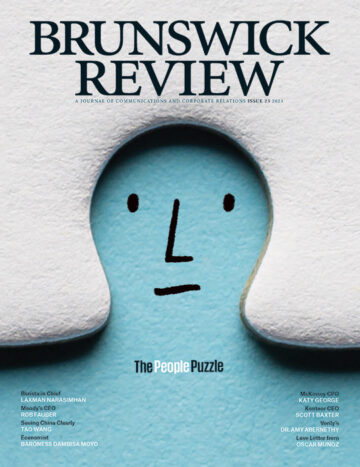
People Puzzle
Most read from this issue
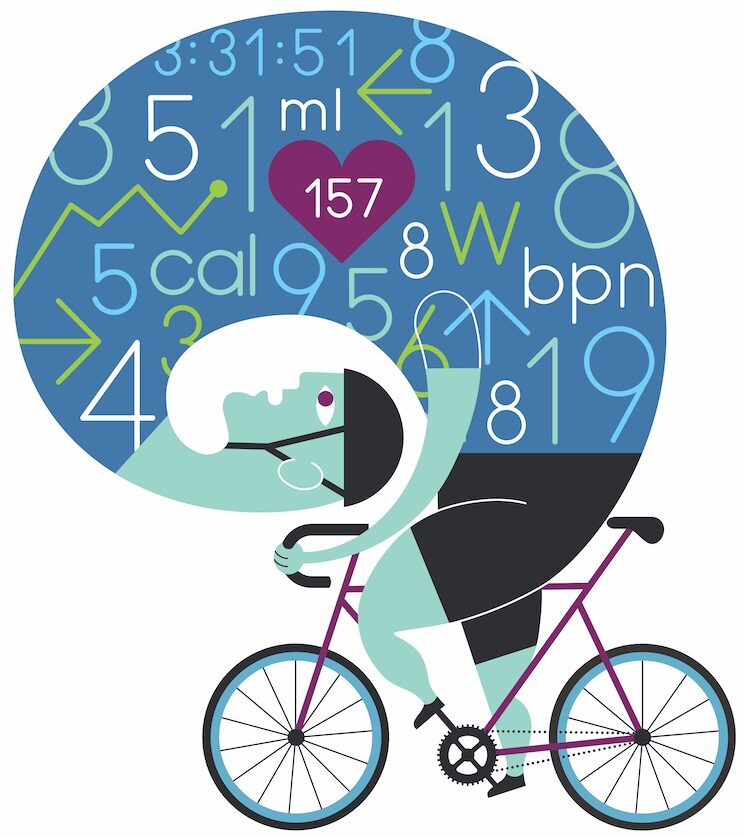
Will Data Help You Finish a Race?
